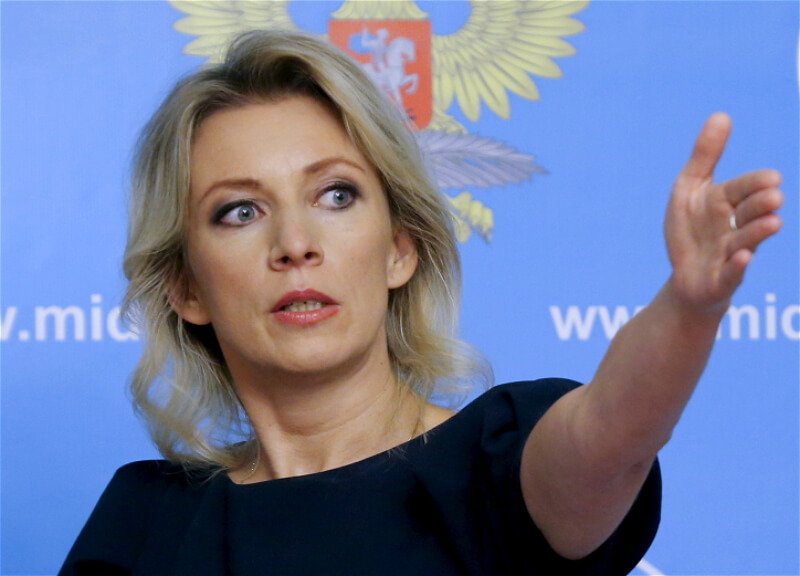July 25, 2025 | BAKU
The Kremlin is in uproar once again—this time over the participation of Ukrainian journalist Dmytro Gordon in the Shusha Global Media Forum, held in the heart of Azerbaijan’s Karabakh region.
Russian Foreign Ministry spokesperson Maria Zakharova lashed out, accusing Baku of allowing an “extremist” onto its territory. Speaking as though Gordon were a covert operative, she declared his presence a “black mark” for those placing hope in the West. “This extremist cuckoo was dropped in intentionally,” she said, invoking the language of conspiracy rather than diplomacy.
What truly seems to have unsettled Moscow is that Azerbaijan independently curated its guest list—without Russian input—for a high-profile international event. For the Kremlin, accustomed to dictating narratives across the post-Soviet space, Baku’s assertion of sovereignty was enough to trigger alarm.
The root cause of this diplomatic tantrum is clear: Azerbaijan’s increasingly independent foreign policy does not sit well with Russia’s imperial instincts. As Baku deepens ties with the West, the Middle East, and strengthens its strategic alliance with Turkey, Moscow finds itself increasingly sidelined.
Labeling Gordon an extremist is emblematic of a Russian propaganda system that brands dissenters as “foreign agents” or “traitors.” For a regime that has criminalized opposition voices at home, Gordon’s open criticism of the Kremlin—and Azerbaijan’s willingness to host him—posed an unacceptable challenge.
Zakharova’s outburst is not diplomacy. It is a manifestation of Russia’s dwindling influence and growing insecurity. The mere presence of one Ukrainian journalist at a forum dedicated to media dialogue and regional development has exposed the Kremlin’s deep discomfort with Azerbaijan’s evolving geopolitical posture.
President Ilham Aliyev’s meeting with forum participants in Khankendi underscored Azerbaijan’s focus on peace, reconstruction, and sovereign development in Karabakh. Meanwhile, Moscow clings to outdated models of influence—conflict zones, “peacekeepers,” and manufactured instability.
By inviting diverse voices, including from Ukraine, Baku affirmed its commitment to international law and sovereign decision-making. Unlike those who use “self-determination” as a pretext for occupation, Azerbaijan upholds territorial integrity and seeks lasting peace.
The Kremlin’s hysteria is revealing. If one journalist can rattle Russian officials to this degree, it’s a sign that the Shusha Forum struck exactly the right chord.


